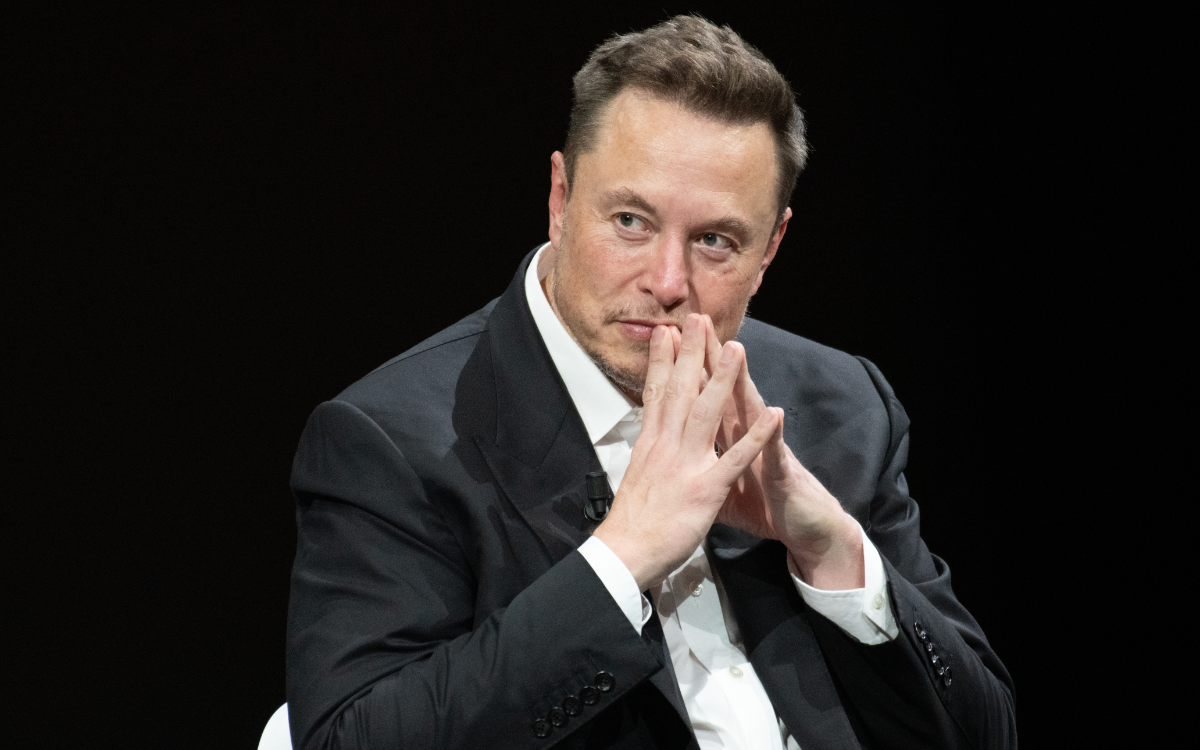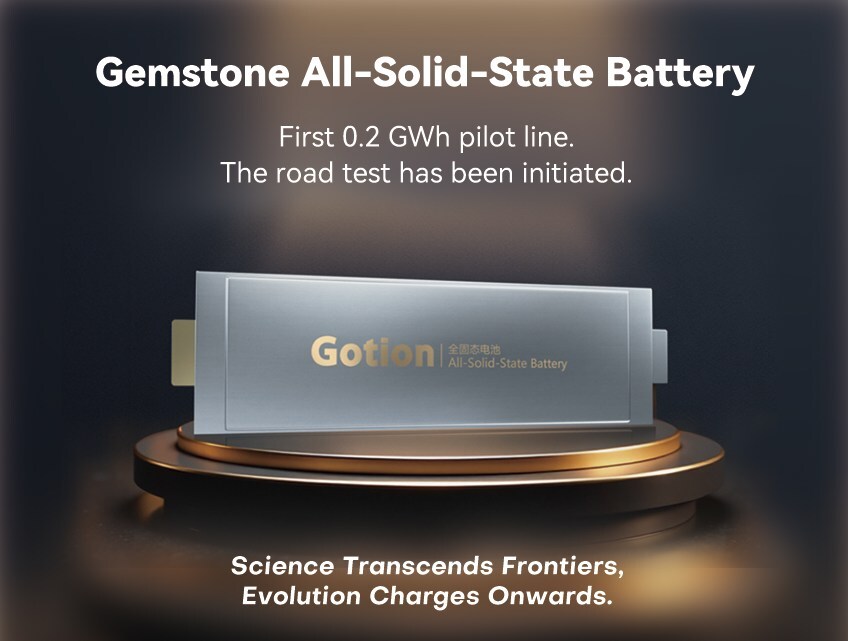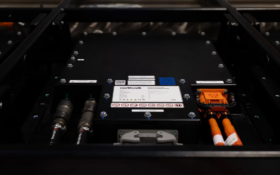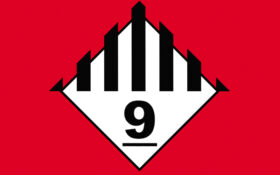In the latest push from US automaker Tesla to argue intellectual property (IP) rights against US industrial supplier Matthews International, a US district court judge denied Tesla’s claim. It affirmed Matthews’ right to sell its proprietary dry battery electrode technology (DBE) globally.
This follows the favourable arbitration decision on 6 February after which Tesla filed what Matthews described as “two additional legal attacks” in one week in the United Stated District Court for the Northern District of California and failed to gain a temporary restraining order on Matthews.
A judge threw out Tesla’s request, which within hours filed another lawsuit, this time in Federal Court. Matthews said it intends to pursue claims against Tesla for wrongful conduct, describing Tesla’s lawsuits as “meritless” and a “bullying tactic”.
Matthews has been around for 175 years, originally providing memorial products but later branching out into engineering, energy, automation and other industrial technology. Matthews claims that before Tesla even existed, its engineers began developing the breakthrough technology that was the base of its DBE solutions.
The DBE streamlines production of lithium-ion batteries and significantly reduces production cost of EVs. The company states it is its extensive R&D, not Tesla’s, that led to the US patent number 12,136,727, granted last November. It claims Tesla approached it five years ago seeking engineering solutions and access to its IP, trade secrets and global engineering talent.
The dry electrode technology is the foundation of Tesla’s 4680 cells, which have been considered a breakthrough in the EV industry. Tesla is reportedly working on four variants of the dry cathode 4680 cells, the new versions of which are expected to be revealed by 2026.
Tesla’s spat with Matthews goes back to June 2024, when we reported that Tesla filed a $1 billion lawsuit, alleging Matthews misappropriated trade secrets about its DBE manufacturing technology.
Photo: Tesla’s Elon Musk lost in court. Shutterstock











